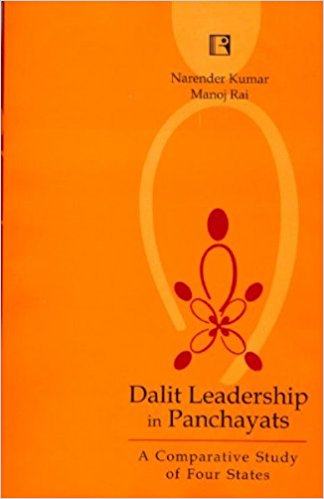This book is a welcome contribution to the body of literature generated by the 73rd Constitutional Amendment Act (CAA), a historic piece of legislation adopted in 1992, giving a new impetus to democratic decentralization. One of the most acclaimed aspect of the 73rd CAA (but also of the 74th CAA, its counterpan for urban India) is its inclusive dimension, through the mandatory provision of reserved seats in all Panchayati Raj Institutions (PRI) for those social categories that were hitheno most marginalized politically: women, Scheduled Tribes (STs) and Scheduled Castes (SCs). The present volume focuses on the latter category. Its main objective is to ascenain, through an empirical study, to what extent reservations for SCs, or dalits, have actually empowered them. The question is a very valid one: indeed reservations force the inclusion of dalits, in proportion to their demographic importance in the state, into locally elected councils (be it at the village, block or district level).
But, as shown by studies on women’s political representation, the mere presence of a given social category in elected councils does not guarantee that that category’s interests will be better taken care of. Thus the political, economic and social context in which reservations are implemented is bound to affect their usefulness in terms of empowerment.

